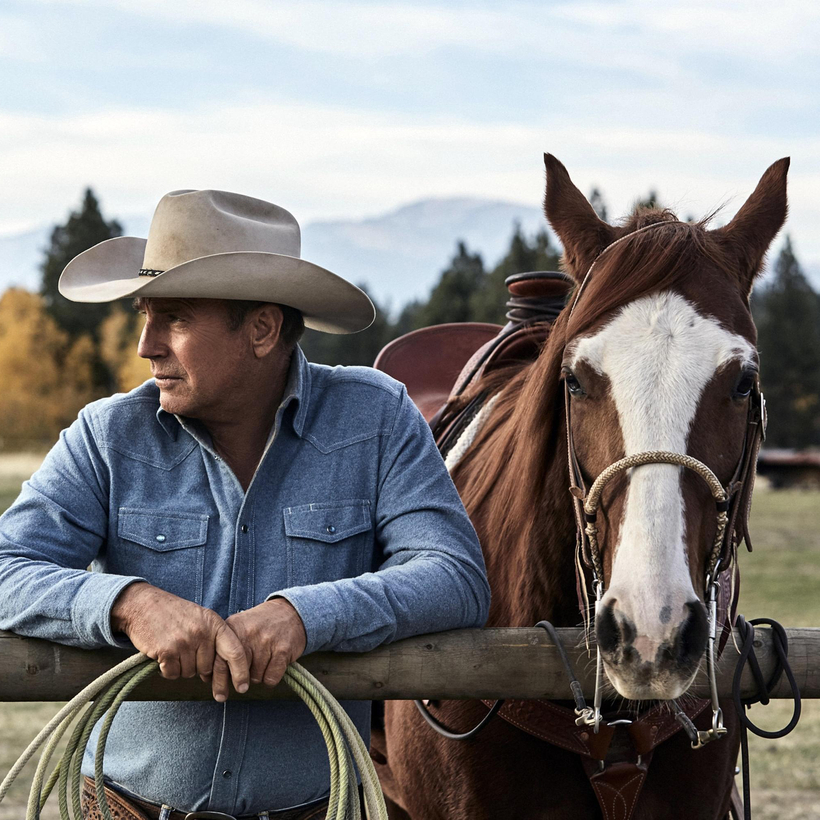In his youth Sheriff Parnell McNamara was a big fan of the television series Gunsmoke, about a US marshal trying to bring some law and order to the American frontier.
“The westerns kind of faded out,” says McNamara, 79, the sheriff of McLennan County in central Texas. Then, quite recently, a middling Hollywood actor named Taylor Sheridan started writing films such as Wind River and the TV drama Yellowstone, which revived all the old preoccupations of the western for a new audience: the cowboys, the landowners, the people living beyond the reach of the law.

